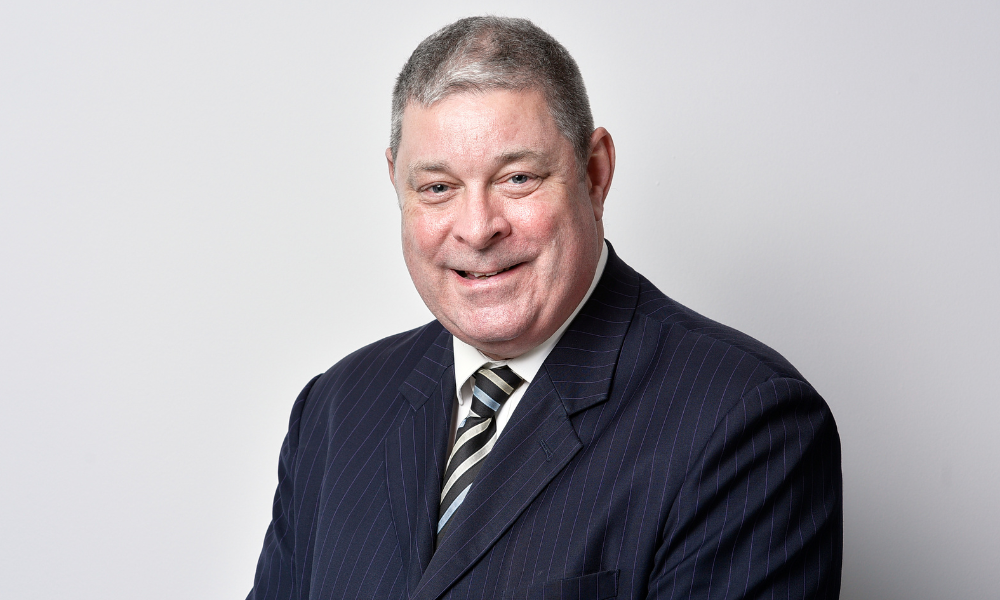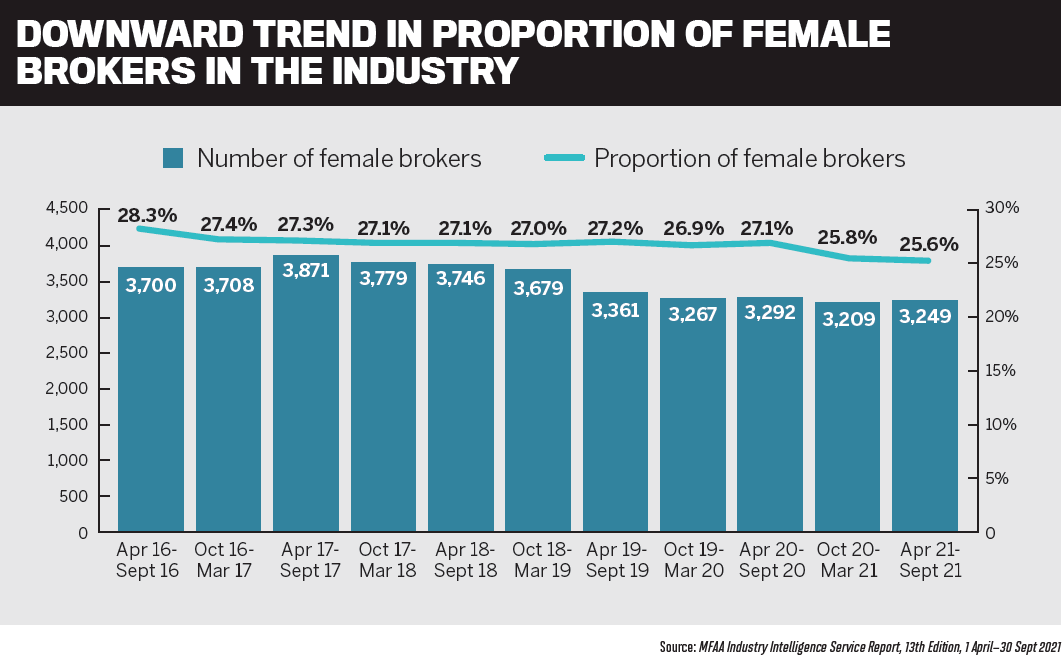The MFAA has devised a number of programs to ensure mortgage and finance broking is an attractive career option for people from all walks of life

Australia continues to become more culturally diverse, according to the 2021 Census. This provides more opportunities to all businesses, including the mortgage and finance broking industry.
Australia’s peak body for the industry, the MFAA, says diversity is about recognising, respecting and, most importantly, valuing differences based on ethnicity, gender, age, race, religion and sexual orientation.
“It’s important that we nurture a mortgage and finance broking industry that is set up to serve the needs of Australian homebuyers and business owners into the future,” says MFAA head of marketing and communications Stephen Hale (pictured below).

“This is so we can continue to provide customers with access to finance in an environment in which they feel welcome, understood and comfortable to be themselves.
“Our members have told us that they value diversity and believe having a diverse industry is good for business. They also told us that they need support and resources to help them to achieve more diversity within the industry.”
The MFAA has been pursuing initiatives informed by its annual diversity and inclusion survey to support brokers and the wider industry to take further action.
“Our goal with all our diversity and inclusion initiatives is to help brokers understand the barriers their colleagues and potential employees are encountering when it comes to being part of the industry,” Hale says.
“Our strategic focus has been to provide resources to help our members look at ways to increase the diversity within their businesses and to increase retention, which we know is an ongoing challenge, particularly for women within the industry.”
The number of female mortgage and finance brokers has fluctuated significantly over the years and is showing a downward trend. This has prompted the MFAA to act. Since 2016, it’s shifted its diversity and inclusion program to support greater gender diversity within the industry.
According to the 2021 Census, 50.7% of Australia’s population identify as female, yet the proportion of female brokers is just 25.6% – the lowest level since the indicator has been tracked – according to the latest MFAA Industry Intelligence Service industry data.
Hale says there are many factors, within and outside the industry, that influence why women continue to be under-represented. He says it’s important that the industry continues to understand these factors so it can ensure the broking business is accessible to women and offers sustainable career options.
“One thing that was clear in feedback from our members was the need for opportunities to connect with each other in a supportive environment,” Hale says.
In July 2022, the MFAA launched its Women in Finance Broking networking events, which are designed to enable like-minded women and men to come together and support broader inclusion in the finance broking industry.
Hale says the response to these events has been phenomenal.
“The need for this type of opportunity was clear, with all events across the country selling out within days.”
The MFAA says providing a career pathway allows people from all backgrounds to enter the industry and progressively gain the skills and knowledge required to be a successful broker. There are also benefits to broking businesses of nurturing talent at the start of brokers’ careers.
These benefits can include securing government incentives that enable a business to employ more staff than they may otherwise be able to, and to provide opportunities for candidates from diverse backgrounds.
“Being part of the mortgage and finance broking industry doesn’t have to mean becoming a broker at step one, and, for women in particular, research has shown that a business with a structured plan is appealing,” says Hale.
“Starting a broking business can also require significant capital, which can preclude many from being part of the industry, and this type of pathway in the industry can also offer the opportunity for young people or those without the financial resources to begin broking initially to enter the industry and build experience first.”
The MFAA has developed a guide outlining the government incentives available to broking businesses which could potentially support employment costs and training fees, such as for completing a Certificate III qualification.
“We hear from a lot of brokers who experience hurdles in establishing a sustainable balance between their work and all other aspects of life,” Hale says. “They often feel they need to ‘do it all’, and find it hard to take time out of their business for holidays and professional development.
“Hearing from their peers about how they have put routines and businesses practices in place to support both a successful business and positive wellbeing is something our members told us they find useful in helping them to find what works best for their routine.”
The MFAA’s e-book, Balancing Work, Life and Everything Else, includes case studies of brokers with a range of backgrounds discussing strategies they use to maintain their wellbeing. Hale says every broker’s situation is unique, and the e-book profiles brokers with a range of circumstances, including those from two-parent families, brokers who are single parents or living with disability, regional brokers and those new to industry. It also guides brokers to other resources and services.
He says the MFAA also believes it’s important to recognise and showcase industry-led initiatives and individuals championing diversity in the industry, so it introduced a Diversity and Inclusion Award category in the MFAA National Excellence Awards.
“Diversity and inclusion has so many opportunities for broking businesses that it can be hard to know where to start,” says Hale.
“By showing what others are doing through the award, this provides a source of inspiration for others about what they can do that is appropriate to their business.
“The mortgage and finance broking industry remains a strong and vibrant industry that serves the needs of Australian consumers and business owners. By continuing to grow diversity within the business we can add to this strong foundation and ensure that it’s accessible to people from all walks of life as a career option.”




